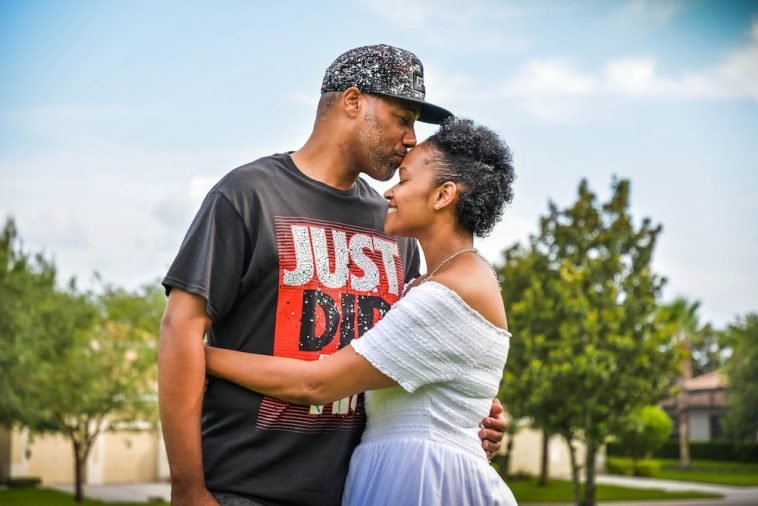Introduction.
As more people realize the value of healthy relationships, the demand for relationship coaches is growing.
But while the idea of becoming a relationship coach sounds great, the reality is that building a successful coaching practice takes a lot of work, empathy, and real skill.
If you’re considering this path, you’re probably wondering what it takes to become not just any relationship coach but a truly effective one—someone who can help people through their relationship struggles, bring meaningful change to their lives, and build a fulfilling career doing what you love.
In this guide, I’ll cover everything you need to know to get started as a relationship coach, from training and certifications to understanding your clients’ needs, and building a practice that actually works.
I’ll dive into the benefits and challenges of this field, along with tips on how to market your services and stand out. And by the end, if you’re still with me, there’s a little question for you to ponder.
Why Become a Relationship Coach?
Relationship coaching can be a fulfilling career choice if you’re passionate about helping people improve their relationships, whether that’s with a romantic partner, friends, family, or even colleagues.
With a relationship coach, clients often feel more equipped to navigate emotional challenges, understand their communication styles, and set realistic expectations with loved ones.
Studies have shown that people with strong relationships report higher levels of happiness and mental health, and a relationship coach can play a crucial role in helping people reach these goals.
The field is not just rewarding on a personal level; it can be financially successful too. According to the International Coach Federation (ICF), the coaching industry was valued at over $2.85 billion in 2019, and demand has only increased in recent years.
More people are investing in coaching to improve their quality of life, and relationship coaching is one of the top areas in demand.
How Do I Become a Successful Relationship Coach?
Here’s a roadmap to help you start your journey as a relationship coach, along with some insights into what each step involves.
1. Understand What a Relationship Coach Does.
A relationship coach doesn’t just give advice. They help clients understand their relationship patterns, identify communication issues, and work toward solutions.
Relationship coaches don’t diagnose mental health disorders, but they provide tools for navigating emotions, setting boundaries, and creating healthy dynamics.
2. Get Proper Training and Certification.
While coaching isn’t as regulated as counseling or therapy, getting certified can make a difference in your credibility.
Organizations like the International Coach Federation (ICF) and the Relationship Coaching Institute (RCI) offer programs that cover essential skills, ethics, and best practices. Training can also help you gain confidence and learn tools for guiding clients effectively.
3. Develop Core Skills.
Key skills for a relationship coach include active listening, empathy, communication, and problem-solving. Understanding different relationship dynamics is also crucial.
Developing these skills doesn’t happen overnight, so take the time to practice them through role-playing, feedback sessions, and real-life applications.
4. Specialize Your Practice (if Desired).
Some coaches focus on specific types of relationships, such as romantic partnerships, family relationships, or workplace dynamics.
Others may work with niche groups, like LGBTQ+ clients or people going through divorce. Having a focus can help you attract clients who feel you’re a great fit for their needs.
5. Build Your Brand and Market Your Services.
Coaching is a competitive field, and building your brand can set you apart. Start by creating a professional website that explains who you are, what you offer, and why clients should choose you.
Social media, blogging, and webinars can also help you reach potential clients.
And don’t forget word-of-mouth referrals, which can be incredibly powerful in this industry.
Pros and Cons of Becoming a Relationship Coach
Pros:
- Rewarding Work: Helping people build better relationships can feel incredibly fulfilling.
- Flexible Schedule: Many coaches work for themselves and can set their hours.
- Potentially High Earnings: Coaches can charge from $50 to $300+ per hour, depending on experience and niche.
- Variety in Clients: You’ll work with a wide range of people and situations, which keeps things interesting.
Cons:
- Emotional Challenges: Helping people with emotional and relational issues can be intense and draining.
- Irregular Income: Especially when starting, clients can be inconsistent.
- Constant Learning Required: Relationships and people are complex, so staying updated on the latest insights is essential.
- Marketing Efforts: As an independent coach, building your client base takes ongoing effort and can be competitive.
Common Questions About Becoming a Relationship Coach
1. Do I need a degree to be a relationship coach?
No, you don’t necessarily need a degree, but having a background in psychology, social work, or counseling can be helpful. Certification programs can provide the needed structure and knowledge.
2. How long does it take to become a certified relationship coach?
Certification programs can vary. Some take a few months, while others offer more intensive year-long options. The time investment largely depends on the depth of training you want.
3. Can I make a full-time income as a relationship coach?
Yes, many people earn a full-time income through relationship coaching, but it often takes time to build up a steady client base. Rates vary, and established coaches can earn six figures per year.
4. Is there a difference between a relationship coach and a therapist?
Yes, therapists are licensed professionals who can diagnose and treat mental health issues. Relationship coaches, on the other hand, focus on providing support and guidance for relationships, without diagnosing or treating mental health conditions.
5. How do I find my first clients?
Start by reaching out to people in your network, offering free sessions to gather testimonials, or using social media to promote your services. Many coaches also find success by offering webinars or writing blogs to attract clients interested in relationship advice.
Building a Fulfilling Career in Relationship Coaching
Becoming a successful relationship coach is about more than just skills and knowledge. It’s about connecting with clients on a deep level, understanding their unique situations, and being able to guide them without judgment. It’s a field where empathy, patience, and continuous self-improvement are key.
If you’re ready to help people make real changes in their lives, this could be an incredibly rewarding career path. So here’s a question to think about:
What unique perspective or experience can you bring to help others build better relationships?
Your answer could be the start of something meaningful.





GIPHY App Key not set. Please check settings